 |
Much of our attention this week is going to be devoted to Trump’s criminal trial in Manhattan, where the government will likely finish its case by the end of this week or early in the following one. There are no proceedings Wednesday, or Friday (when Trump told the Judge he would attend his son Barron’s graduation). The case certainly merits our attention, but there is a certain circus-like environment developing around it, almost a gleefulness at the prosecution—that it’s important to check.
This trial is justice finally being done. But it’s not a carnival. It’s a serious and sobering moment in our nation’s history, and it’s important that we treat it that way. There is no pleasure in the idea of an American president who has stooped so low that he is facing criminal charges in multiple courts. Don’t get me wrong; he is where he deserves to be. But I don’t take any pleasure from seeing a former president seated in the defendant’s seat in a courtroom. History will tell us that the country should never have elected him and that it’s a terrible mistake to even consider doing it again. This is not a joyful moment for our country.
We’re also about to reach the complicated part of the case, where it’s not just about the personal history witnesses like Stormy Daniels are sharing on the witness stand. Soon, it will be about each of the 34 counts charged by the prosecution. In a business records case like this, it can be hard to keep everything straight. So, the District Attorney’s office put together a chart for the jurors to use. The 34 false records Trump is charged with are divided into invoices, vouchers (entries recording payments into the books), and checks and set forth in chronological order.
This chart, along with Exhibit 35, the invoice with Allen Weisselberg’s handwritten notes on it that documents the “grossed up” payment to Cohen to account for his taxes and other questionable expenses, and Exhibit 36, Controller Jeffrey McConney’s handwritten notes of Weisselberg’s directo to him about handling the payments, will be important for us to keep in mind as the government winds down its case. They form the core allegations of fraudulent records combined with the prosecution’s proof that Trump was a part of the scheme. That part of the case will be based largely on amalgamated circumstantial evidence from a number of witnesses that establishes no one from Weisselberg on down would have spent $420,000 of Trump’s money without his explicit approval. Weisselberg and Cohen would certainly not have gone out on that limb, Cohen with his own money in the form of a loan against his house, without an advance understanding that it was Trump, as Stormy Daniels’ lawyer testified, that everyone understood was footing the bill.
Prosecutors still have to establish, in order to convert the misdemeanor fraudulent business records crime into a felony, that the records were created to conceal or aid in the commission of another crime. We haven’t heard a lot about that. David Pecker testified that after he left the company, American Media’s Board entered into a conciliation agreement with the Federal Election Commission to resolve a campaign finance violation. They also entered into a non-prosecution agreement with federal prosecutors. But Trump was not held responsible, and the Judge gave the jury a limiting instruction, telling them this evidence was offered to help them assess Pecker’s credibility and to provide context for surrounding events and could not be used for anything else. Judge Merchan specifically told the jury that neither the conciliation agreement nor the non-prosecution agreement could be used as evidence of Trump’s guilt.
It’s likely that we’ll hear more about Trump’s culpability for campaign finance violations before the case ends, either in the form of exhibits or perhaps an expert witness or both, to establish that what Cohen did for the campaign was also an illegal contribution, in violation of federal and/or New York state law.
Cohen pled guilty to those charges in his federal case. The information that he pled guilty to included the now-infamous reference to Trump as “Individual-1” and laid out the limits for federal contributions to a campaign from an individual, which Cohen’s payment to Stormy Daniels violated.
But this is tricky territory for both sides. For Trump, Cohen’s conviction could imply his own guilt. For the prosecution, the fact that Cohen was prosecuted, but not Trump, could be used to suggest that Trump did not violate the law in this regard. Both sides will try to use Cohen’s testimony to their advantage to insinuate as much as possible without violating the Judge’s directives on what can and can’t be said. In pre-trial motions, Trump’s team unsuccessfully tried to block Cohen’s testimony entirely, calling him a “liar” who had committed perjury in the past. On cross-examination, they’ll still try to paint him as someone whose testimony can’t be trusted since he previously pled guilty to lying to Congress and has recently acknowledged under oath that he wasn’t completely honest when he admitted to some of his lies. The defense will try to have a field day on cross-examination with the man who once said he’d take a bullet for Trump. The prosecution, which has meticulously pre-corroborated Cohen’s testimony knowing this was coming, will tell the jury they don’t have to approve of Michael Cohen to believe his testimony, which is substantiated by documents and other witnesses.
Trump is already preparing his base for a conviction. Just like he prepared them for a loss at the polls, he’s arguing that if he's convicted, it will be the result of corruption in the process—fraud. "The New York judicial system has been absolutely abused," Trump told reporters last Friday. The whole world is watching."
My pinned Tweet, posted in December 2017, reads: “The first time President Obama met with his US Attorneys, he told us, ‘I appointed you but you don’t serve me. You serve the American people. And I expect you to act with independence & integrity.’ None of us ever forgot that.”
It’s the only pinned Tweet I’ve ever had because it says it all for me. It’s the whole point of government service. In sharp contrast, Donald Trump demanded personal loyalty from people in his administration. It was about his desires, not the American people, and he has never been held accountable for that.
But it’s important to understand that no matter what the verdict is in Manhattan, Trump still won’t be held accountable for his abuses as president. This is a case about very discreet charges: 34 counts of creating false business records in the state of New York. The prosecution has to prove every element of that crime beyond a reasonable doubt to the satisfaction of the jury for each count in order for them to convict. It can’t be about “locking up” someone you don’t like or think was a horrible president, lest we stoop to Trump’s level. It’s about the rule of law and the charges in this case, not the entirety of Trump’s failures as president. It may not be what we wanted and it’s frustrating watching the delay in other prosecutions against Trump. It is where we are.
The decision in this case will be in the hands of 12 jurors who have heard all of the evidence, observed the witnesses firsthand, had the law explained to them by the judge, and taken an oath to do their duty when they deliberate and return a verdict. It is admittedly naive in the era of Trump to have blind faith in government, but this is how our criminal justice system w, and works. We will accept the jury’s verdict. We cannot become Trump, who only agrees with outcomes when they go his way.
What’s the alternative to letting a jury decide Trump’s guilt or innocence? The system we have is the Founding Fathers’ reaction to one where kings and their Star Chamber decided guilt and people’s fates, focusing on their own interests. Authoritarian leaders do not have to serve impartial justice. Public oversight, in the form of juries, may not always be perfect, but it is far better than the alternatives, and unchecked authoritarianism is precisely what we’re trying to avoid. Trump, as we’ve discussed recently, wants to take us to a place where the criminal justice system is a tool to be wielded by a president against his enemies. So, in the end, we may agree with the jury's verdict or not, but we must abide by it.
The prosecution bears the heavy burden of proving every element of the charged crimes to the jury’s satisfaction. Some of the elements in this case, including Trump’s knowledge of the criminal scheme and the intent to commit/conceal other crimes, are complex issues of circumstantial proof. We leave those decisions in the hands of the jury, as we must if we are committed to the rule of law.
In addition to Trump, there’s something very important this week that we should all mark. In June of 2022, the Supreme Court overturned Roe v. Wade, ending women’s constitutional right to obtain an abortion. One year ago this coming Friday, on May 17, 2023, Trump touted that “victory”, posting, “After 50 years of failure, with nobody coming even close, I was able to kill Roe v. Wade.”
This Friday, on the one-year anniversary of that post, make sure you remind people around you of where we are and who is responsible. Trump says he killed Roe. And now we live in a world where states are making it increasingly difficult, if not impossible, for women to make their own decisions about healthcare, even when their fertility or their lives are at stake.
Roe, Roe, Roe, the vote.
We’re in this together,
Joyce

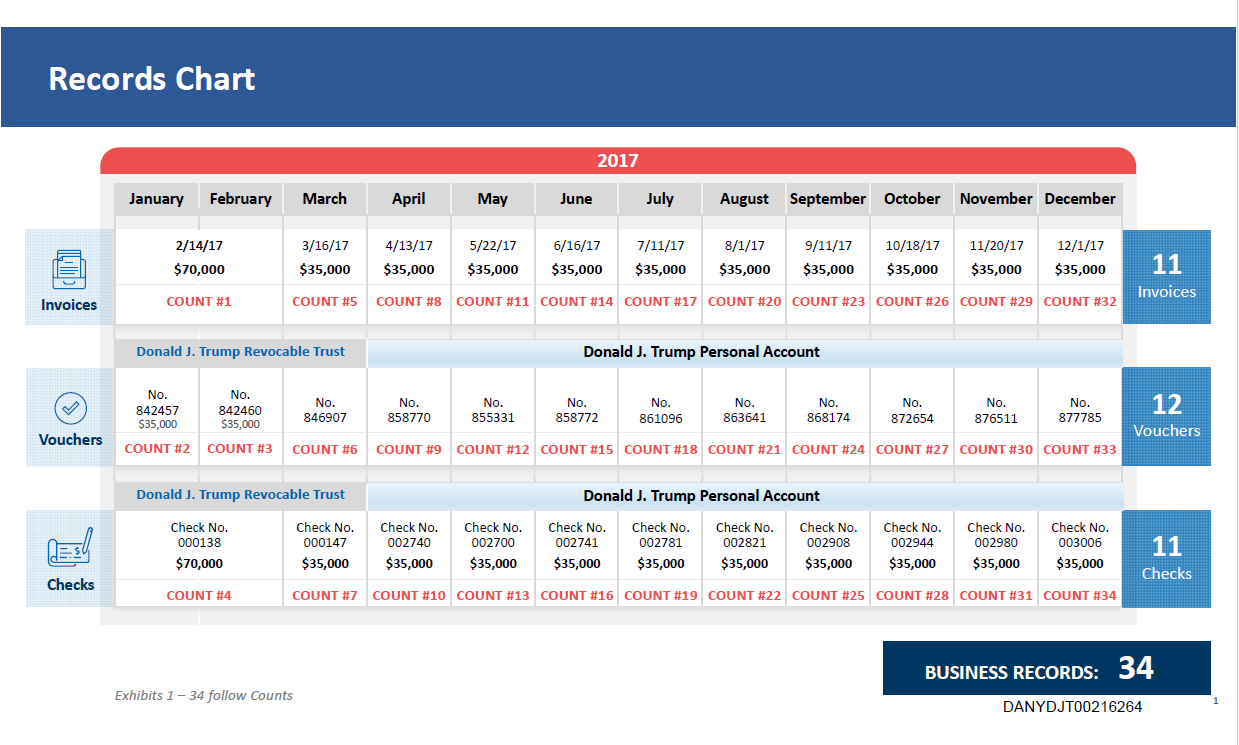
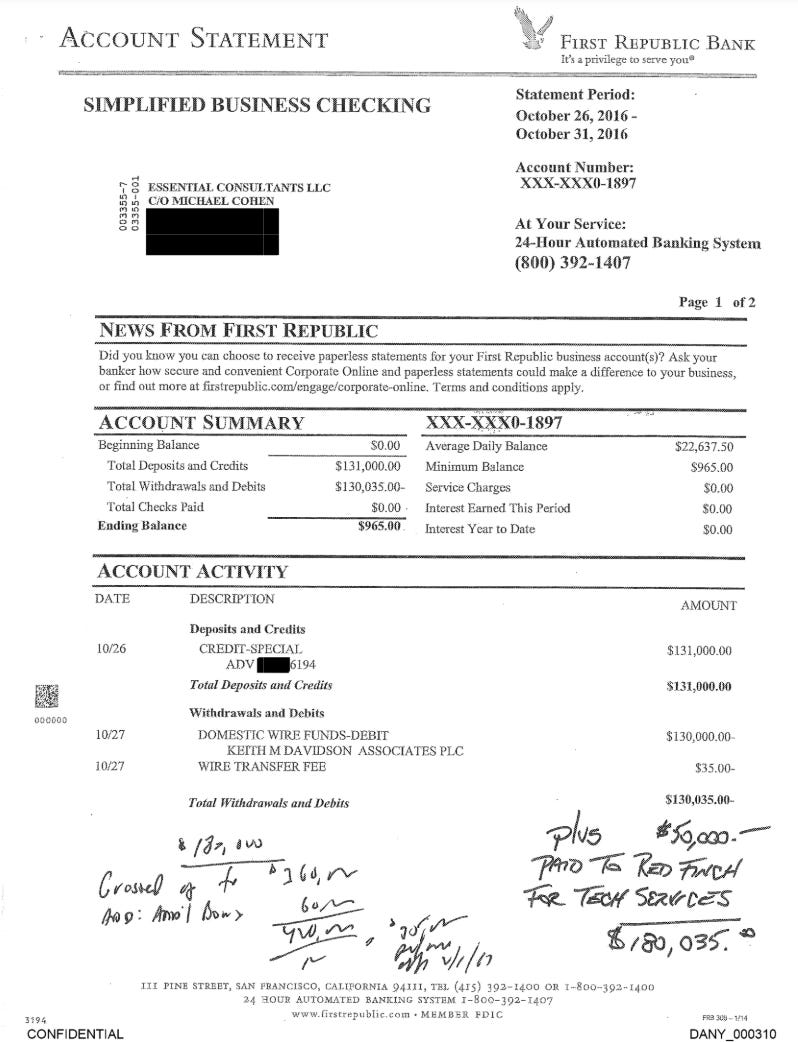
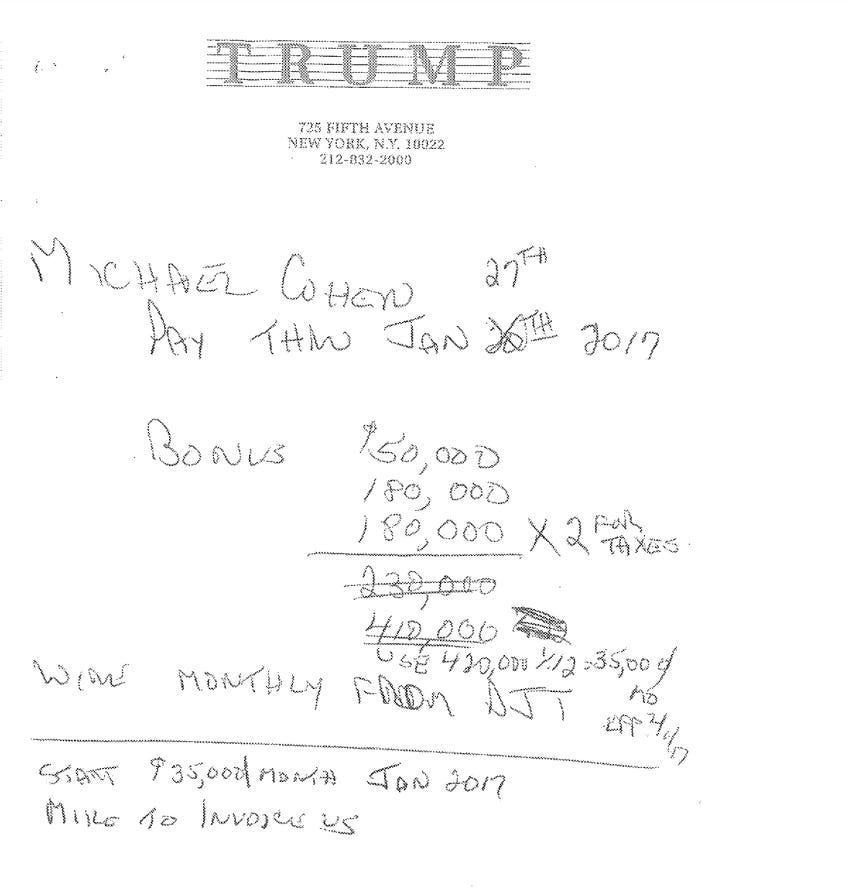
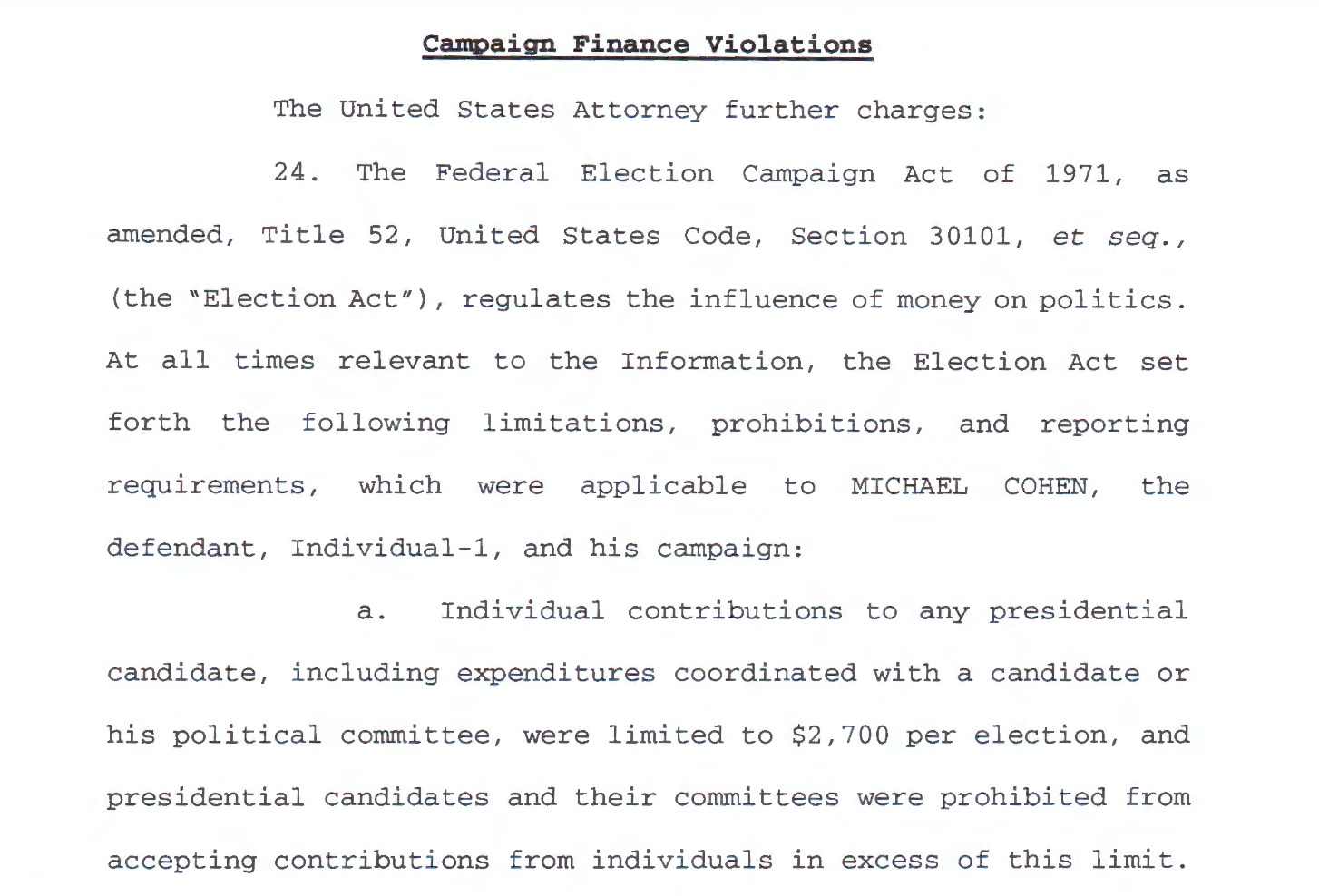
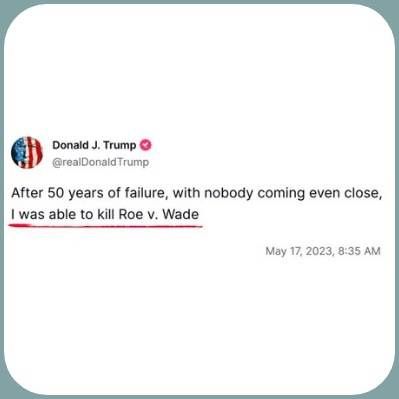

No comments:
Post a Comment
Note: Only a member of this blog may post a comment.